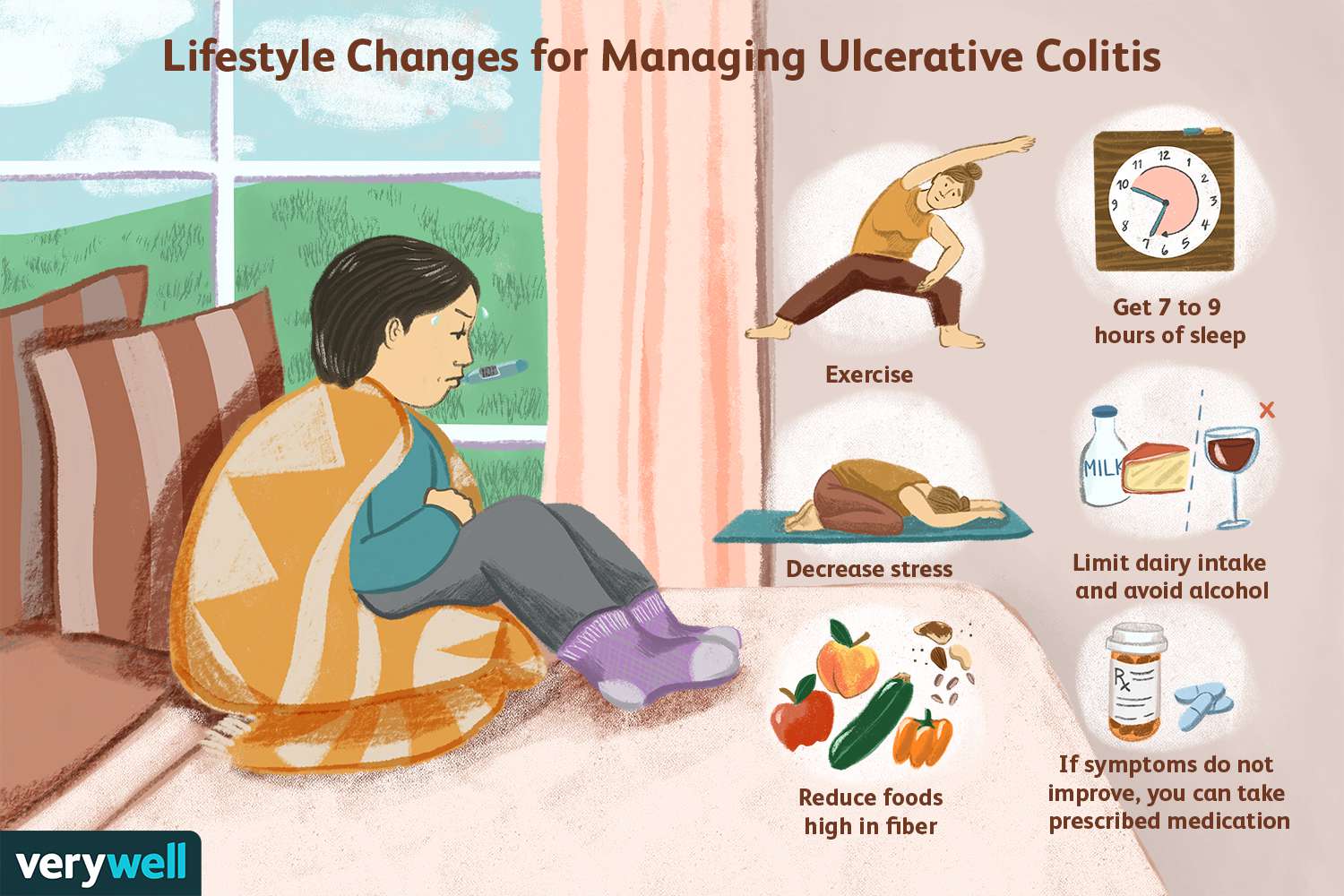Ulcerative colitis causes severe inflammation in the large intestine, causing sores and ulcers in the colon. There are at least nine to 20 cases of ulcerative colitis per 100,000 people in the country. Ulcerative colitis symptoms can be overwhelming both physically and mentally as it is a chronic, long-term disease. However, making necessary dietary changes can help manage the condition. Here are six do’s and don’ts to help manage ulcerative colitis.
- Avoid uncooked fruits and vegetables
While uncooked or raw fruits and vegetables are an excellent source of nutrients, they can cause flare-ups in people with ulcerative colitis. Raw fruits and vegetables are high in fiber, making them difficult to process for a weak digestive system. The inability of the digestive system to break down high amounts of fiber can result in bloody stools. So, people with ulcerative colitis are recommended to cook, boil, mash fruits and vegetables, and remove their skin and seeds as it facilitates easy digestion. - Portion control
This is one of the most important tips for managing symptoms of ulcerative colitis. Gastroenterologists and nutritionists recommend eating small meals at regular intervals rather than large meals. Eating small meals can ease the digestion process, reducing the risk of ulcerative colitis flare-ups. - Avoid sugar substitutes
These are also referred to as sugar alcohols. Sugar alcohols like mannitol and xylitol can cause diarrhea, aggravating ulcerative colitis. These are found in food products like candies, desserts, sugarless gums, and soft drinks. Sugar alcohols are also found in cough syrups and other over-the-counter medications. Furthermore, people with ulcerative colitis should discuss with their doctor regarding ingredients in prescribed medications. Moreover, one should switch to healthier sugar substitutes made from fruits. - Improve gut flora
Gut flora is good bacteria residing in the large intestine that help in absorbing nutrients from food. Probiotics like yogurt, kefir, tempeh, kimchi, miso, kombucha, and sauerkraut can help flourish bacteria in the digestive system. This helps improve the digestive process, thereby keeping ulcerative colitis symptoms at bay. - Avoid whole grain foods
Foods such as bread, noodles, pasta, brown rice, quinoa, buckwheat, oats, and wild rice are made from whole grains. These are high in fiber as whole grains do not have their germ or bran removed. Consuming whole grain foods can cause aggravate ulcerative colitis symptoms. Switch to “enriched” white flour or other forms of cereals like puffed rice, cream of wheat, and corn flakes. Ulcerative colitis can also be better managed with well-cooked white rice. - Lifestyle changes
Simple lifestyle changes such as weight management through exercise can maintain energy levels, improving one’s metabolism, digestion, and reduce symptoms of ulcerative colitis. Apart from this, drinking plenty of water can prevent dehydration, helping avoid diarrhea, a symptom of ulcerative colitis.

